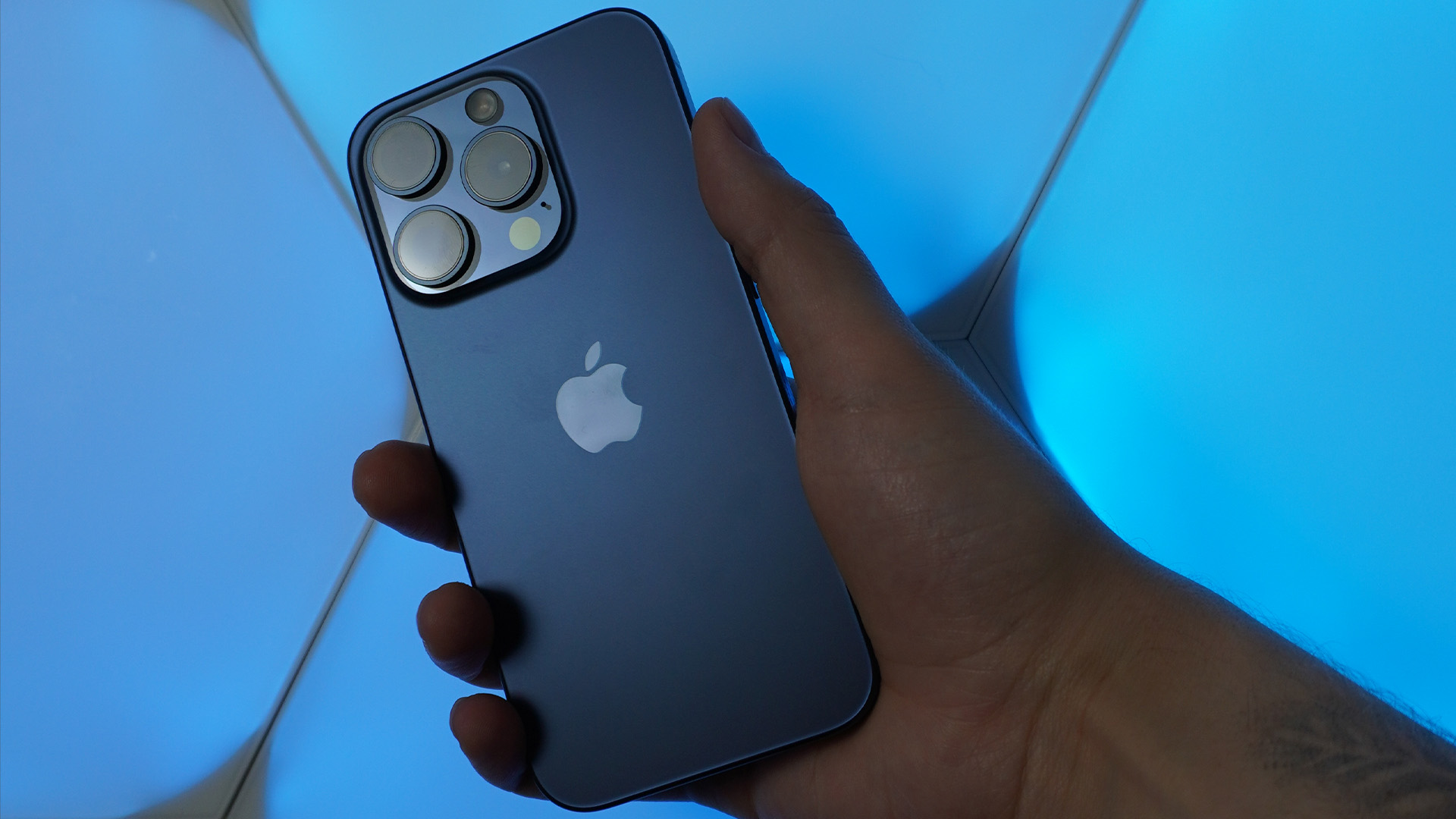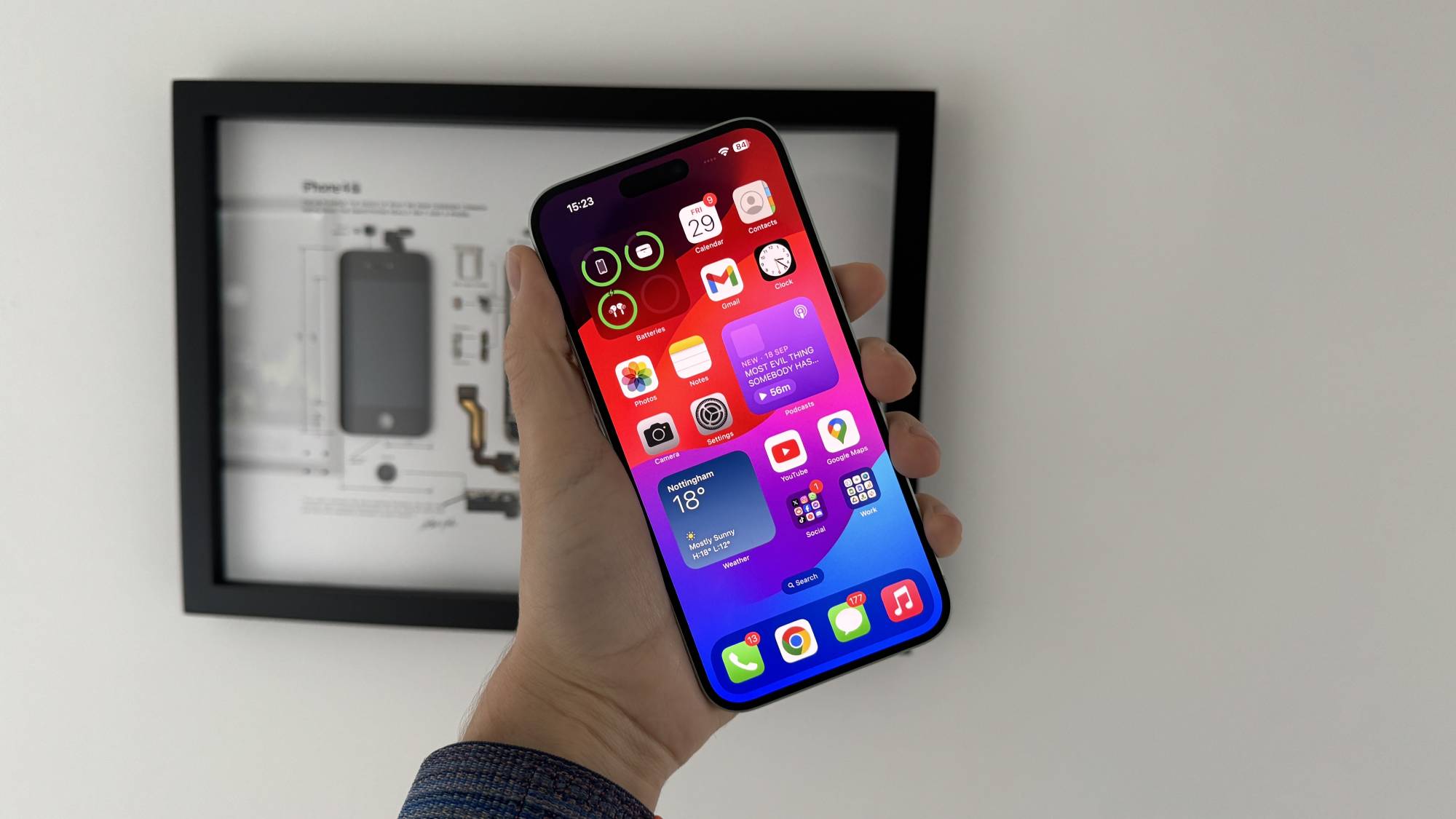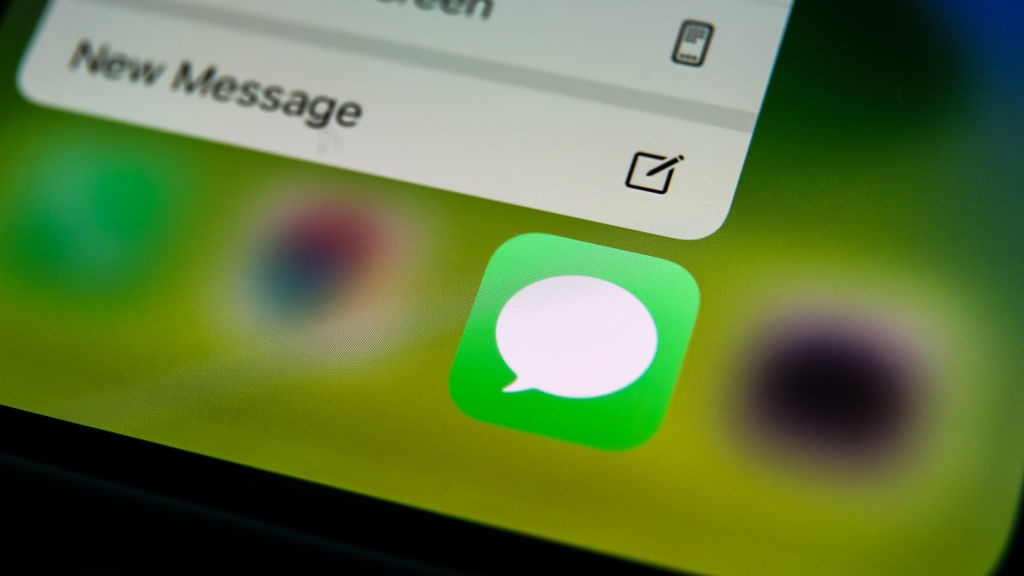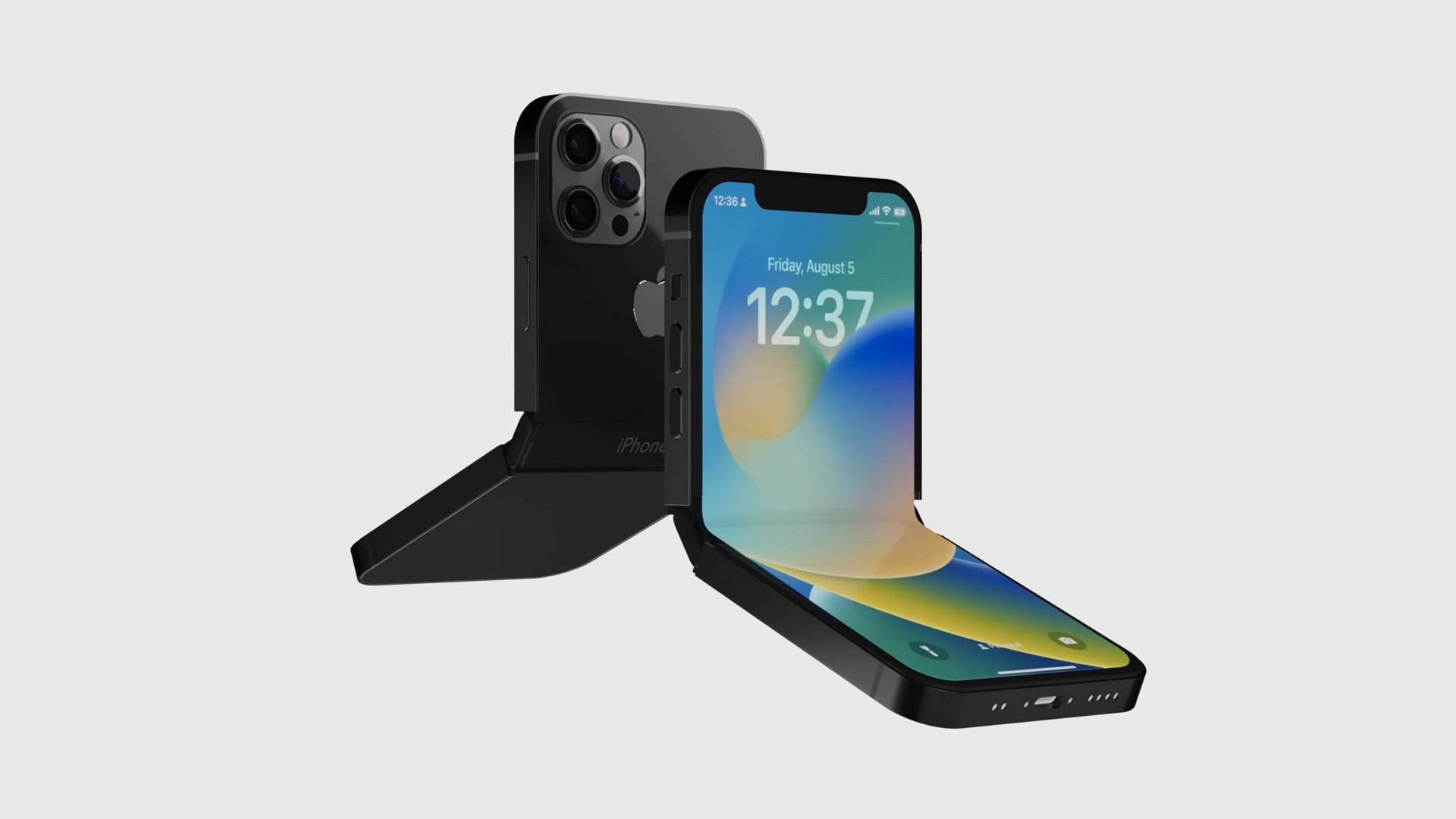The Apple lawsuit could finally open the iPhone ecosystem — and that’s a good thing
Is the Apple ecosystem a garden or a trap?

Apple is being sued by the U.S. Department of Justice for operating an illegal monopoly in the smartphone market and it could change the Apple ecosystem forever. Groundbreaking news broke on March 21, 2024, when the DOJ filed an antitrust lawsuit against Apple, claiming the company is using restrictive practices to keep the iPhone at the top of the smartphone market.
I’m an Apple fan. I’ll freely admit it. I like using my iPhone and I love the way it connects seamlessly with my iPad and Apple Watch. Despite that, I am excited to see how the lawsuit against Apple changes the ecosystem so many people have come to love.
This case examines the way Apple operates in a new light, leading many of us – myself included – to question whether the “walled garden” ecosystem is as nice as Apple wants us to believe. Here’s a look at how the Apple lawsuit could transform the iPhone ecosystem – and why that’s a good thing for everyone.
Yes, the Apple lawsuit will change the user experience

The Apple lawsuit will inevitably have some impact on the user experience, whether you’re using an iPhone or Android device. However, these changes should result in a better overall experience for everyone, even iPhone users.
The lawsuit covers many issues, from the green bubbles in iMessage to Apple’s 30% commission on App Store purchases. What it boils down to is a pattern of restrictive, anti-competitive practices from Apple that are not only pushing people to buy iPhones but also resulting in less innovation and a worse user experience.
Many of the practices the DOJ is citing as illegal are things Apple has marketed as benefits. For instance, when Apple users buy a smartwatch, most go straight for an Apple Watch without considering any alternatives. The Apple Watch just works so much better than any other smartwatch on the iPhone. That sounds like a good thing… but is it really?
The way Apple has set up its ecosystem around the iPhone makes non-Apple products seem inherently lower quality. However, in reality, this may be the result of Apple intentionally hamstringing functionality with competitor products to limit Apple users’ choices. It’s practices like that, the DOJ argues, that have created an iPhone monopoly in the United States.
Stay in the know with Laptop Mag
Get our in-depth reviews, helpful tips, great deals, and the biggest news stories delivered to your inbox.
If the Apple lawsuit succeeds, the ecosystem will likely be the biggest change to the iPhone user experience. Your other Apple products will still work just as well with your iPhone, but there’s a high likelihood that Apple will have to remove some barriers to using other companies’ devices with your iPhone.
That would result in a better experience with smartwatches, tablets, headphones, and other devices from other brands. iPhone users will have more freedom to choose whichever devices they want, while still getting a good user experience. We can also expect improvements to apps and services on the iPhone, including one in particular – iMessage.
The Apple lawsuit could end green bubbles in iMessage

It’s impossible to talk about the Apple lawsuit without addressing the green bubbles situation. Attorney General Merrick Garland specifically discussed the green bubbles in iMessage during a press conference on Thursday.
Garland explained how the green bubbles are creating skewed perceptions for consumers, saying, “iPhone users perceive rival smartphones as being lower quality because the experience of messaging friends and family who do not own iPhones is worse, even though Apple is the one responsible for breaking cross-platform messaging, and it does so intentionally.”
The way iMessage displays Android users’ messages as green bubbles might seem like a small cosmetic difference, but it goes much deeper than that. It represents not only a deeply flawed messaging system but also a full-blown social stigma based on the color of someone’s text messages. In fact, keeping blue bubbles is a big reason people stay in the Apple ecosystem.
The blue bubbles iPhone users get in iMessage have become a status symbol, especially among young people. A 2023 survey found that a staggering 87% of teenagers own an iPhone. Having an Android phone and green bubbles can lead to bullying and social exclusion. This stigma extends to adults, too. A survey by dating app OkCupid found that 31% of adults won’t message a potential date if that person doesn’t have an iPhone.
The issues with Apple’s green bubbles aren’t just social, either. Currently, messages sent from an iPhone to an Android phone are sent via SMS, which lacks modern security features and many quality-of-life features, like support for sending high-quality media. That’s why iPhone photos end up a grainy mess when they’re texted to an Android user. Those messages don’t have end-to-end encryption, either.
The Apple lawsuit highlighted these issues, so the “green bubbles” situation will likely stay front and center. That’s good news, whether you’re a lifelong Apple fan or an avid Android user. If Apple was forced to improve cross-platform messaging, everyone would get a better, more secure messaging experience. Plus, there would be less stigma and anxiety around leaving the Apple ecosystem for Android.
Apple finally announced in late 2023 that messages to Android phones will soon use the newer, feature-rich RCS protocol – but the green bubbles are sticking around. The DOJ might not be able to force Apple to do away with green bubbles, but ensuring they improve the cross-platform messaging experience could go a long way toward reducing the social stigma around Android phones that’s contributing to the iPhone’s market dominance.
Opening the gates of Apple’s walled garden

The overarching theme here is a potential end to Apple’s walled garden ecosystem. The Apple lawsuit isn’t going to destroy the Apple ecosystem or make it worse, but there’s a high probability it will finally open the gates of the walled garden. If you want to keep using your iPad and Macbook with your iPhone, don’t worry, you can continue doing so.
However, if this lawsuit is successful, you won’t be limited to choosing exclusively Apple devices when seeking companion devices that offer smooth integration. The Apple ecosystem will, ideally, become much more open and compatible to work with other brands’ devices. So, if you would rather use a Samsung tablet or a non-Apple smartwatch, you’ll have more freedom to do so.
The Apple lawsuit is basically arguing that Apple’s restrictive practices are leading to a monopoly. If those practices and policies are removed, Apple won’t have an artificial advantage over competitors. Instead, every smartphone company, including Apple, would need to focus on making the best possible devices, rather than the best possible ecosystem.
So, even if you’re a die-hard Apple fan and want to continue using Apple products, this is good news. It means that Apple may need to renew its focus on innovation. While other brands are making foldable phones and improving their budget-friendly devices, Apple’s iPhone designs have largely stayed the same for years while prices have gone up.
I, for one, would be excited to see Apple begin innovating again, whether that’s with smartphones, tablets, headphones, smartwatches, or any other devices in its ecosystem. This lawsuit may be just the motivation Apple needs to finally open up its ecosystem and compete with other brands on a level playing field. The result could be more creative, exciting devices from every smartphone brand – including Apple.

Stevie Bonifield is a freelance tech journalist who has written for PC Gamer, Tom's Guide, and Laptop Mag on everything from gaming to smartwatches. Outside of writing, Stevie loves indie games, TTRPGs, and building way too many custom keyboards.
